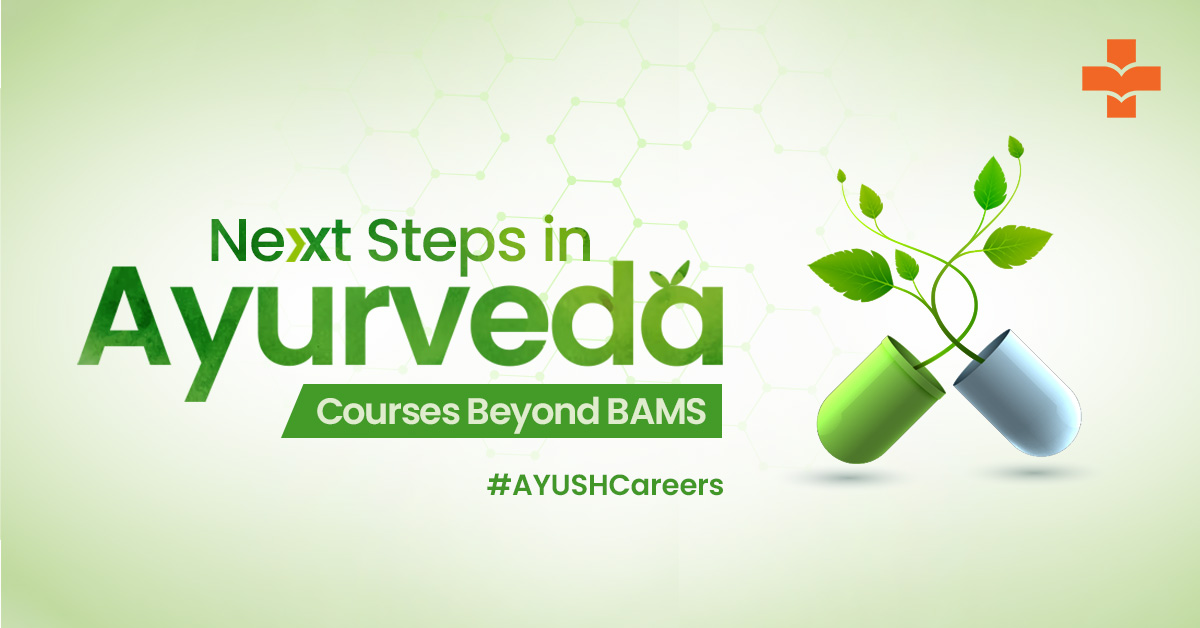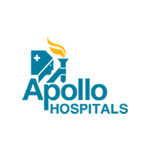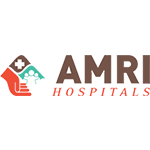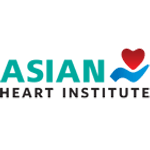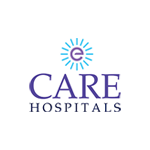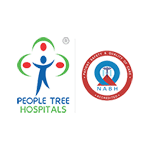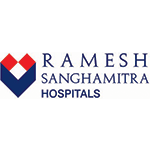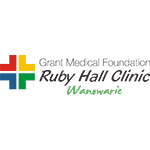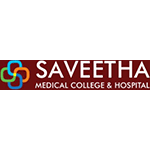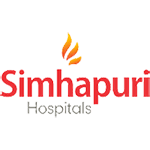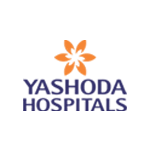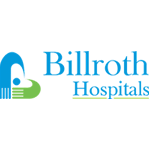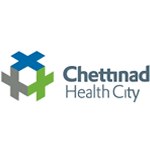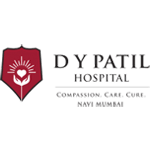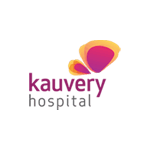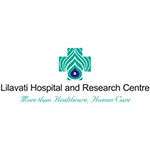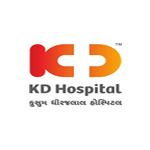Exploring Your Path: Navigating Specialized Courses After BAMS
To succeed in the field of medicine, one must exhibit unwavering commitment with an appetite for unrelenting knowledge. After completing their BAMS degree, graduates can explore a range of courses that help them specialize in a field of their interest. As we explore, we discover the extensive range of opportunities offered to BAMS graduates like you who are looking forward to branch out and make your mark in healthcare. The post-BAMS journey brings with it a variety of exciting opportunities, spanning traditional roles in Ayurvedic medicine to inventive fields as Research & Development Executives. From recent BAMS graduates to seasoned practitioners, this blog provides insight and inspiration for all on which Courses you can opt for after BAMS.
Who are AYUSH physicians?
AYUSH doctors are a diverse group of healthcare practitioners who have completed their studies, one year of mandatory clinical training in general medicine within an allopathic framework, and specialized training in their respective medical systems. These individuals have degrees in alternative medicine, such as BAMS, BNYS, BUMS, BSMS, or BHMS, and may go on to pursue postgraduate study in their respective fields.
In India, AYUSH practitioners are recognised as valid medical professionals by the separate national medical bodies that administer their respective medical systems. This acknowledgement creates an environment in which they can thrive and build successful careers.
In contrast, while Ayurvedic and homeopathic practitioners and therapies are available in nations such as the United States and Canada, these practices are not widely practiced.
While Ayurvedic and homeopathic practitioners and therapies do exist in nations such as the United States and Canada, these practices do not enjoy the same level of official recognition from government agencies. As a result, India offers AYUSH practitioners unparalleled chances for professional growth and development. It’s worth noting that homeopathy is officially recognised as a medical practice in the United Kingdom and Germany, which differs from the position of several other countries.
What Does BAMS Focus On?
This undergraduate degree combines traditional ayurveda treatment methods with contemporary medical practices. The course lasts for five and a half years. As soon as the course is successfully completed, the student receives an Ayurvedacharya degree. In the BAMS course, they study the following topics: One learns about ayurvedic medicine as well as contemporary viewpoints on pediatrics, ENT, ophthalmology, gynecology, and obstetrics.
Additionally, it incorporates a Panchkarma bio-cleansing technique. Additionally, students learn about the historical manuscripts of ancient Ayurveda, which serve as a repository for all pertinent knowledge.
Modern anatomy and physiology lessons are taught using an ayurvedic framework.
Along with significant contemporary topics, they study herbal and herbo-mineral medications according to Ayurvedic toxicology, pharmacology, and pharmaceutics.
Here is the list of certificate courses after BAMS that you can opt for after BAMS.
- Advanced Certificate in Nephrology
- Certificate in Critical Care Medicine
- Advanced Certificate in Critical Care Medicine
- Certification Course on COVID-19 Telemedicine Practice
- Masterclass in Hospital Administration
- Certificate Course in Pulmonology
- Fellowship in Cardiac Rehabilitation
- Certificate in Diabetes Mellitus
- Advanced Certificate in Diabetes Mellitus
- Certificate in Diabetic Nutrition
- Certificate in Essentials of Cardiology
- Advanced Certificate in Clinical Cardiology
- Certificate Course in Hypertension Management
- Certificate in Internal Medicine
- Advanced Certificate in Internal Medicine
If you would like to explore your course options, you can visit our AYUSH website to see which courses are of your interest and which courses you could be eligible for.
How to apply for courses after BAMS ?
- Determine your specialization
- Do your research about which course you would like to opt for
- Check whether you are eligible for the courses after BAMS and meet the criteria
- Speak to your peers, medical students and admission counselors
- Make an informed decision and start your learning journey
What’s Next After You Complete Courses After BAMS?
AYUSH graduates who acquire a BAMS degree can specialize in a variety of fields and have access to a wide-range of professional opportunities. They can seek higher studies and opt for specializations in ayurveda or allied disciplines, work in hospitals, wellness centers, and research facilities, or practice as ayurvedic physicians. The list goes on, here are a few more job roles which you can be eligible for after BAMS.
Government Job Roles After Completing Courses After BAMS
1. Clinical Research Associate (CRA):
In the field of clinical research, a Clinical Research Associate assumes a crucial role. Compliance with regulatory and ethical standards is the responsibility of those who monitor and manage clinical trials. CRAs coordinate with various parties, such as investigators, sponsors, and others, concentrating on collecting and assessing data that supports participant safety and accelerating medical treatment product development.
2. Jr. Resident Doctor:
Junior Resident Doctors are usually freshly graduated medical students who are getting hands-on training in a particular field of medicine after med school. Through their work in hospitals and healthcare facilities, they contribute to patient care by conducting tests, collaborating with experienced doctors, and gaining practical knowledge in their chosen medical area.
3. Sr. Resident Doctor:
Following extra specialized training in a medical field after postgraduate education, a more senior doctor works as a Senior Resident Doctor. Junior residents are supervised by them, they also manage complex cases and contribute to academic pursuits.
4. Medical Officer:
As a Medical Officer, one typically finds themselves working across various healthcare settings, such as hospitals, clinics, and public health offices. Additionally, they provide preventive care and may also participate in administrative and policy developments.
5. Pharmacist:
Essential in healthcare settings, pharmacists dispense medications, provide counseling, guarantee drug safety, and work closely with healthcare providers to achieve optimal medication therapy. Their significant contribution is in promoting safe and efficient drug use.
6. Lecturer/Professor:
The responsibilities of lecturers and professors involve teaching medical students and research in their particular fields. Their role is critical, as they impart knowledge, mentor students, publish research findings, and contribute to medical science and education.
Private Job Roles Which you can Opt For Completing Courses After BAMS
Private Job Roles for BAMS Graduates:
- Ayurvedic Doctor Their proficiency lies in identifying ailments, suggesting Ayurvedic remedies, and promoting natural healing methods.
- Medical Transcriptionists convert audio recordings into written reports, including patient records and medical documents. Accurate record keeping is crucial for them.
- Research & Development Executive can work either in the pharmaceutical or herbal medicine field. The creation of new healthcare products, herbal medicines, and formulations is what they contribute to.
- Health Therapists/Supervisors can work in places like wellness centers, spas, and holistic healthcare facilities. To support their clients’ general health and well-being, they offer Ayurvedic therapies and wellness programs.
- Clinical Research Associates are an option for BAMS graduates seeking employment in the Ayurvedic or herbal medicine area. Validating the efficacy of Ayurvedic treatments, they contributed to conducting clinical trials and research studies.
- Medical Officers managing clinics or offering therapies, BAMS graduates play a crucial role as Medical Officers in private healthcare institutions.
- Sales Representative in sales and marketing for organizations manufacturing Ayurvedic or herbal drugs. These products’ sale and promotion are handled by the said group to healthcare providers and customers.
- Ayurveda and conventional medicine are just two examples of the diverse employment paths available to individuals with medical and healthcare education and experience.
Common FAQs for Doctors Who’ve Completed Their Courses After BAMS
1) Is AYUSH a good field to specialize in?
If you have a real interest in alternative and holistic healthcare systems and believe in their efficiency, specializing in AYUSH (Ayurveda, Yoga and Naturopathy, Unani, Siddha, and Homoeopathy) can be a rewarding decision. It is a field that necessitates a dedication to lifelong learning and professional development. Opportunities in AYUSH may differ depending on area, with certain nations, such as India, providing well-established recognition and government programmes. It is critical to understand the local demand for AYUSH services as well as the regulatory framework in your area. Collaboration with other healthcare providers, adherence to ethical and legal norms, and alignment with AYUSH ideals are all critical factors to consider. If you are interested in holistic therapy and natural health practices, specializing in AYUSH might lead to a rewarding profession.
2) Is BAMS & MBBS the same or equivalent?
No, the degrees BAMS (Bachelor of Ayurvedic Medicine and Surgery) and MBBS (Bachelor of Medicine, Bachelor of Surgery) are not the same.
BAMS (Bachelor of Ayurvedic Medicine and Surgery): BAMS is an undergraduate degree programme in Ayurvedic medicine, a traditional medical system that originated in India. Graduates of the BAMS programme learn about Ayurvedic concepts, herbs, therapies, and traditional medical practices. They are trained to use Ayurvedic procedures and medicines to diagnose and cure patients.
MBBS (Bachelor of Medicine, Bachelor of Surgery): A bachelor’s degree programme in contemporary or allopathic medicine. Graduates of the MBBS programme are trained in Western medical practices and are licensed to practice traditional medicine. Anatomy, physiology, pharmacology, and modern medical procedures are among the disciplines they study.
In most countries, the normal medical degree for becoming a doctor is MBBS.
While both BAMS and MBBS prepare students for careers in healthcare, they represent unique medical systems with diverse philosophies, treatment techniques, and scopes of practice. BAMS is concerned with Ayurvedic medicine, whereas MBBS is concerned with modern Western medicine. The two degrees are not interchangeable, and Ayurvedic and allopathic medicine practices differ greatly.
3) One year internship mandatory after BAMS?
Yes, a one year internship is mandatory after you complete BAMS. The internship/clinical training program opportunity helps medical professionals like you in gaining real-life experience to handle various medical scenarios.
4) Will I be able to perform surgical procedures after my Post graduate degree in Ayurveda?
No, after getting an Ayurvedic postgraduate degree (such as an MD or MS in Ayurveda), you cannot conduct surgery. Even with advanced degrees, ayurvedic practitioners are neither educated or authorized to undertake surgical procedures similar to those performed by allopathic (modern medicine) surgeons with an MBBS (Bachelor of Medicine, Bachelor of Surgery) or equivalent degree.
Typically, surgical procedures are performed by doctors who have completed an MBBS or its equivalent as well as specific surgical training and residency programmes. Surgery is considered a specialized field within modern medicine in many countries, including India, and only allopathic surgeons are licensed and competent to perform surgical procedures.
5) Are AYUSH courses available on Medvarsity?
Yes, Medvarsity provides AYUSH professionals a diverse range of courses that you can choose from to get you closer to your career goals. Visit the website AYUSH courses to get all the information you need before making an informed decision.

